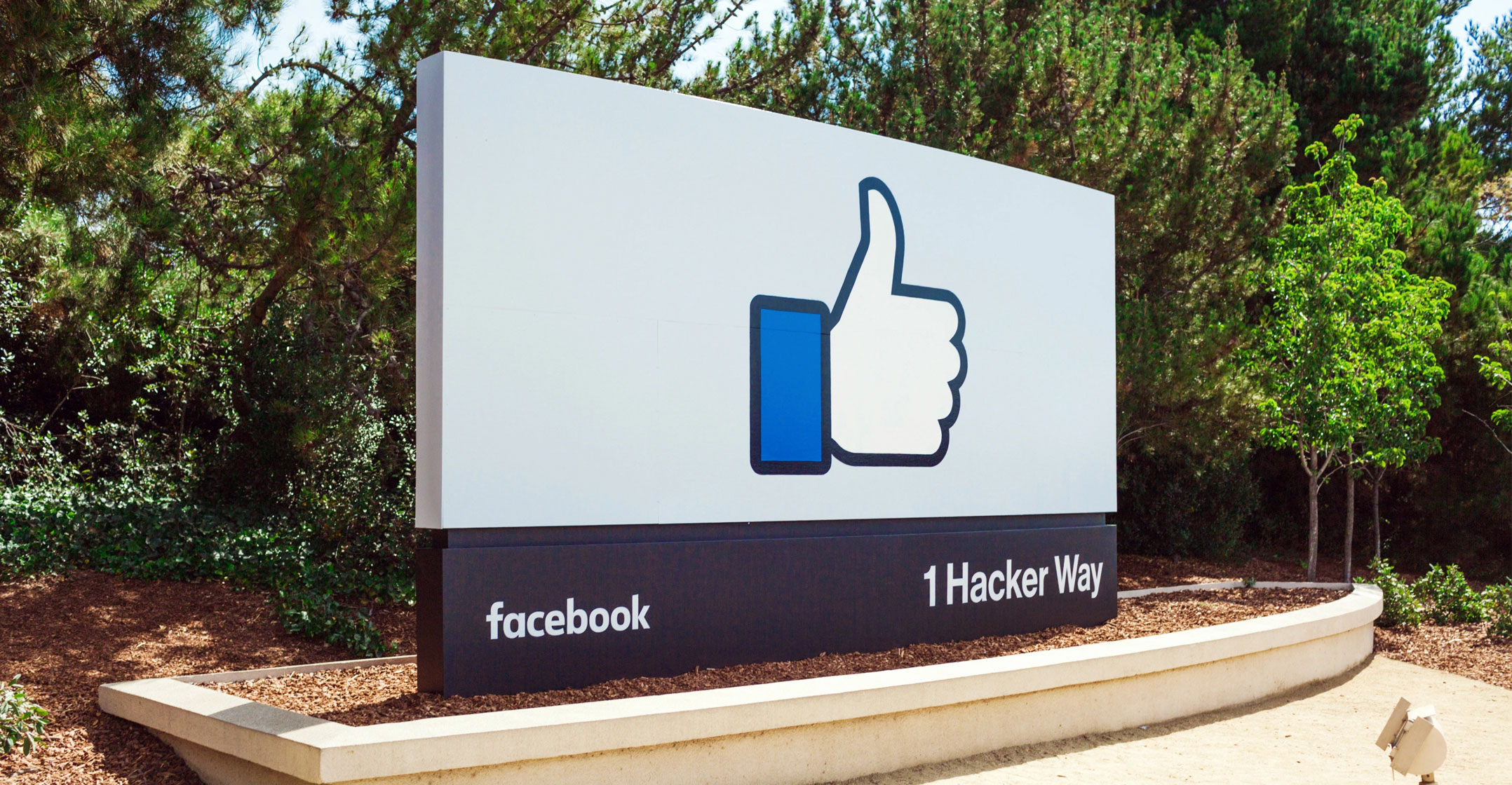 Does Facebook’s declining relevance with teenagers really pose an existential threat to the company? After all, Facebook’s most loyal users are people over age 30 and today’s teens are tomorrow’s 30-somethings — if they don’t start using Facebook while they’re young there’s no guarantee they will later in life.
Does Facebook’s declining relevance with teenagers really pose an existential threat to the company? After all, Facebook’s most loyal users are people over age 30 and today’s teens are tomorrow’s 30-somethings — if they don’t start using Facebook while they’re young there’s no guarantee they will later in life.
But Facebook today serves a different purpose than it did a decade ago, and would-be challengers like Snapchat and TikTok aren’t well positioned to threaten the social media platform’s dominance with older users. To do that they’d probably have to change their products significantly to more closely resemble Facebook, perhaps turning off their core base of young people.
The reasons teenagers find Facebook lame also explain why older users find it essential: It’s become a digital hub for news, politics and interest groups. I’m on my city’s planning commission and when we switched to virtual meetings during the onset of the pandemic, one of the ways we did that was by broadcasting our sessions live on Facebook. Local elected officials and city government departments post news and updates. My wife is a member of multiple local mom groups where she’ll buy and sell kids clothing and toys. It’s a place where communities post notices of events and other social gatherings. It’s generally just a big ball of stuff relevant to older people that would be hard for another company to unbundle.
Imagine TikTok trying to take some of this market share from Facebook — how would it work for a local government to post a message saying that they understand the frustration of residents about the lack of consistent trash collection but that they’re working to address the issue? Would local governments even consider TikTok the right platform for such a message? Being a whimsical platform for teens is that it makes you a less-appropriate platform for other kinds of users – it’s the flipside of Facebook’s struggle to recruit teens because it has a reputation as the site preferred by older people.
‘North Star’
In the company’s earnings call this week, founder and CEO Mark Zuckerberg acknowledged Facebook’s weakness with younger users and promised that executives would “make serving young adults their North Star rather than optimising for the larger number of older people”. Those older users are so locked into the platform that the company probably can get away with giving them an experience that doesn’t suit them quite as well as the current model. But it remains to be seen whether Facebook can overcome all the challenges it has with teens and 20-somethings.
Even if it retains its older users while struggling to attract younger ones, the company risks alienating some advertisers. Companies selling housing-related goods and services or insurance and healthcare products might continue to patronise Facebook, but those chasing teens and young people will continue gravitating towards platforms already proven to be popular with the younger crowd.
A possible analogy for what’s going on in social media might be the broadcast television world: Facebook dominated everything just like cable television, while multiplying new platforms carved out different demographic niches. Perhaps Snapchat and TikTok are MTV and Facebook is satellite news. It might not be as fun to be satellite news but it’s arguably a more stable business to be in over the long run. There will always be old people and they’ll always be interested in news and politics. Whereas youth culture will forever be fickle, as the rise and fall of MTV has shown.
 The question is whether someone can threaten Facebook’s status as the hub of civic and communal life online. Youth-centric platforms will struggle to win over older users without turning off younger ones, and could also struggle to gain the backing of institutional users such as local governments that already are tied to Facebook. A site such as Reddit, with a die-hard user base of people with niche interests, might have a tough time winning over “normie” users who want more of a generalised, lean-back social media experience.
The question is whether someone can threaten Facebook’s status as the hub of civic and communal life online. Youth-centric platforms will struggle to win over older users without turning off younger ones, and could also struggle to gain the backing of institutional users such as local governments that already are tied to Facebook. A site such as Reddit, with a die-hard user base of people with niche interests, might have a tough time winning over “normie” users who want more of a generalised, lean-back social media experience.
Facebook may never be all things to all people again, and it’s a reasonable bet to think it’s forever lost trend-setting youth culture to other platforms, but what it retains is powerful and won’t be as easy to dislodge. — (c) 2021 Bloomberg LP

